With Disney+ and Prime Video, Gen Y is taking a stroll down memory lane
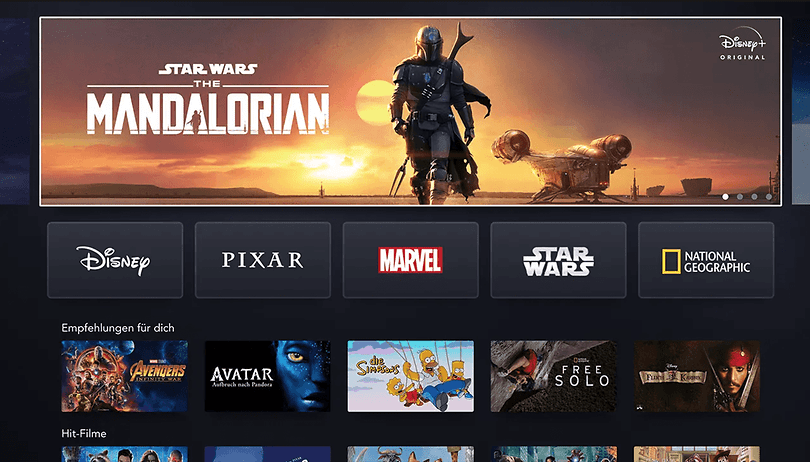

Read in other languages:
The number of video-on-demand platforms has surged over the past few months, and the number continues to grow in May 2020. There is something for every genre and all kinds of budget. Of course, we do not and never will have the time to check out all of the offerings. In spite of the immense diversity of films and series, there is a certain tendency to learn towards nostalgia when you inspect the list of content. Disney+ and Amazon's Prime Video perfectly embody this phenomenon based on their respective catalog of audiovisual offerings. The current health crisis alone is not the sole explanation for this general state of mind, so here is a quick overview of generational nostalgia.
- Also read: Apps, games, and services to fight boredom
Generation Y has aged
"Generation Y", along with "Generation X" and the "Baby Boomers", are some of the most common expressions cited by demographers, sociologists, and marketers. It is used to refer to all persons born between the early 1980s and the late 1990s. Although there are some slight differences in the year range, these individuals do share the common fact that they grew up with mass culture, video games, and digital technology. Unlike previous generations for whom the advent of the Internet was a revolution, members of this generation were born with a strong sense of belonging as well as a strong desire to be part of the future. They were at an age young enough when consumer electronics and computers were introduced to the mass psyche, enabling them to acquire an intuitive mastery of it, where they generally surpassed their parents in that aspect.
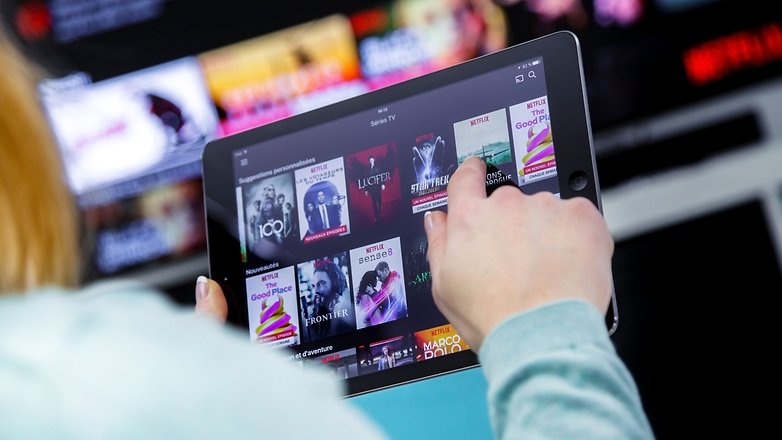
Members of this generation are often referred to as "millennials" by certain sections of the media and specialists, especially those born between 1984 and 1996. In any case, many of them are now primary consumers of new technologies, smartphone applications, new telephony options, and they also widely popularised the use of laptops. In addition, they make extensive use of numerous download platforms (be they for audio or video) and virtually wrote the handbook on digital consumption.
In spite of this modern vanguard, time and tide wait for no man - which is why millennials age, too. Many of them have already hit 30 years of age, and some of them are now parents. It goes without saying that this evolution has also changed their digital consumption habits, even if the existing family model has somewhat changed from that of the previous century. The youngsters of yesteryear are now mature adults and have a life experience that goes back to a not-so-distant past, an era when episodes of "How I Met Your Mother" could be found on Megaupload or the first Marvel movie that made megabucks at the box office was released.
How does nostalgia manifest itself in the tech world?
This is not just an abstract perspective from a cultural angle. A large proportion of consumers and decision-makers who work in the tech world belong to this generation. The influence of the millennials, therefore, remains enormous in shaping online platforms, product lines, remakes of selected video games (like Final Fantasy VII), and even apps that celebrate anniversaries. The connection between the age of these individuals and the impact that they have on current culture trends cannot be discounted, as they navigate through this world not as young adults, but as those in their 30s.
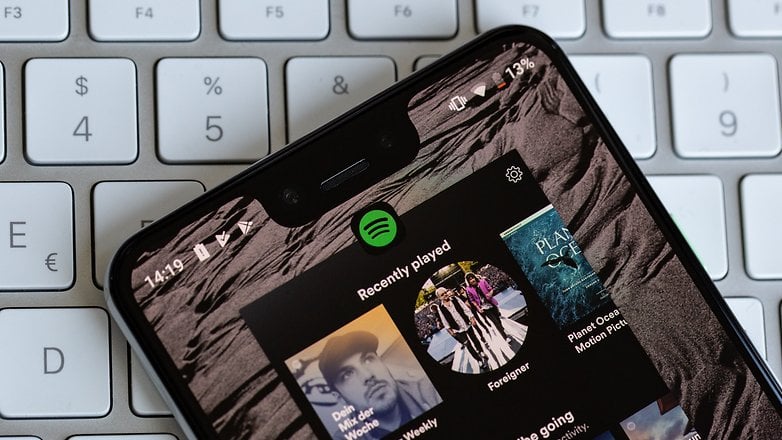
Just as studies show that people tend to settle for an established musical preference at around 35 years of age, the millennials are also more or less set in their digital consumption habits. One of the manifestations of this "conservatism" has appeared in the form of platform creation that lists down such preferences. Apart from the obvious choices of marketing strategy, it was more a question of arming ourselves with the digital capability of sharing between our peers within a selected age group - similar to a club where one pays a subscription fee to be part of it.
However, online platforms replicate the paid subscription model well, so much so that it defines the boundaries of a club. They are even a quick and easy method of sharing generational preferences. Let's not forget that Generation Y has shared a lot of 90s music videos or series clips on YouYube in recent years. This innate desire to view old series again is nothing new, such as the reruns of old series or existing franchises on DTT channels. In 2020, perhaps now is a good time to roll back the years and regain that sense of awe and wonder of yore from your youth.
Nostalgia in the real world with Disney+ and Prime Video
Prime Video is a video-on-demand service created by Amazon.com and is currently available in many countries. Touted to be a competitor of Netflix, it offers TV shows and movies that can be rented or purchased. It is mainly part of the Amazon Prime subscription which allows you to enjoy free shipping whenever you place an order on the American tech giant's site. As for Disney+, this is definitely something new from the historical entertainment giant Disney, which was founded all the way back in 1923. The two services compete against each other, particularly when it comes to series and children's programming.
How do these two ride on the spirit of nostalgia among Generation Y? First of all, it should be remembered that this generation is by far the generation that has been most exposed to television series and movies. This is also the age group that spent hours glued in front of the television, while growing up with Japanese manga and Disney cartoons. Then, we also have to understand that the millennials themselves are now parents with children of their own. This would mean they want their children to discover their own cultural preferences, such as their taste in music or their preference for a particular football club.
- Also read: How to cancel your Amazon Prime subscription
- Also read: Everything you need to know about Disney+
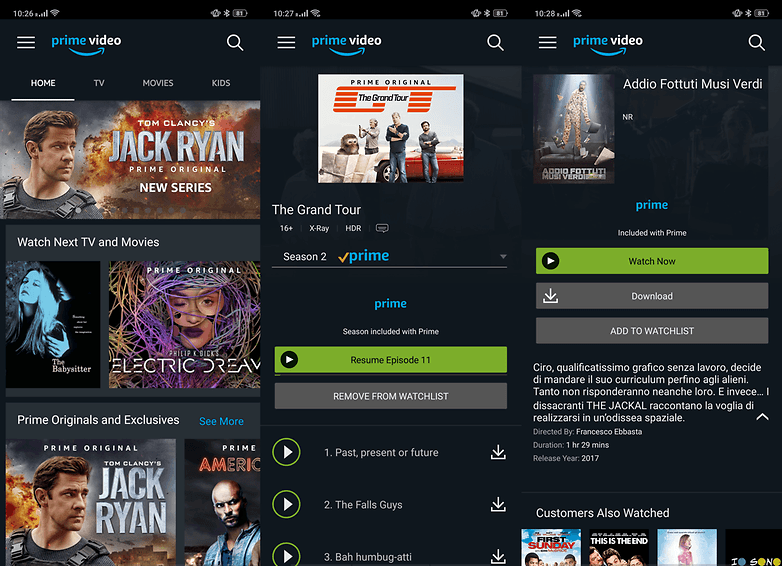
So what are the available options on these two subscription platforms? There is plenty of nostalgia from the 90s as well as numerous cartoons that have since become classics. The list is long, but here are a few examples:
- Prime Video: Friends, How I Met Your Mother, Asterix (cartoons), ER, Baywatch, The Fresh Prince of Bel Air, the Indiana Jones movies, Alf, etc.
- Disney +: All the Marvels Cinematic Universe (MCU) movies, the entire Star Wars saga, The Little Mermaid, The Simpsons, all of those heart-wrenching Pixar movies, Disney cartoons that feature Mickey Mouse and gang, etc.
Finally, a conclusion
Both platforms bank on the feeling of nostalgia to rope in the millennials. They offer them the opportunity to relive their youth or adolescence, as well as a chance to introduce their children (especially children under the age of 10) to these now-classics. It is quite interesting to see that these two competitors offer content that is widely consumed on computers and tablets, with also the option of watching these programs right in front of the family TV in the living room.
It must be noted that I myself dived into both Amazon Prime before writing this article. I logged into my Amazon Prime account and watched an episode of Baywatch and was pleasantly surprised by how quaint it is (this does not mean that the series has not aged well). Memories of the past came flooding back, and there was a tinge of sadness at the march of time as I realized that age is catching up with me. It would not come as a surprise to me that nostalgia will be a driver in sales of tech products in the years to come. Will we then see a vintage Nokia 3210 in 2030?






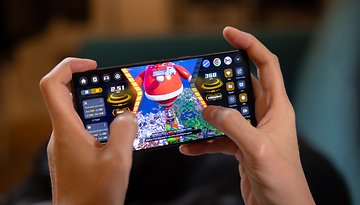



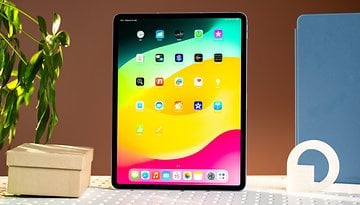


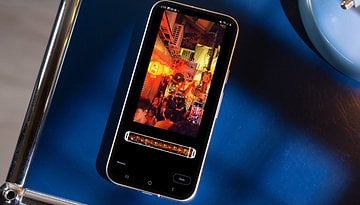


-
Admin
May 8, 2020 Link to commentHistory repeats itself and every generation first clashes with the previous one and then repeats the actions they despised. But, seriously, Baywatch?